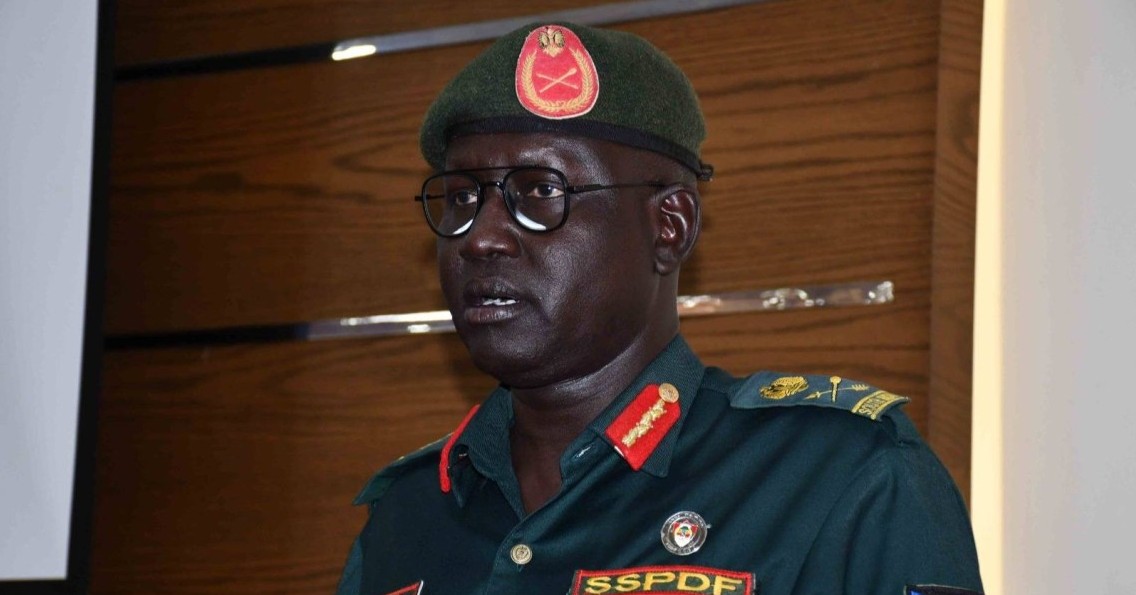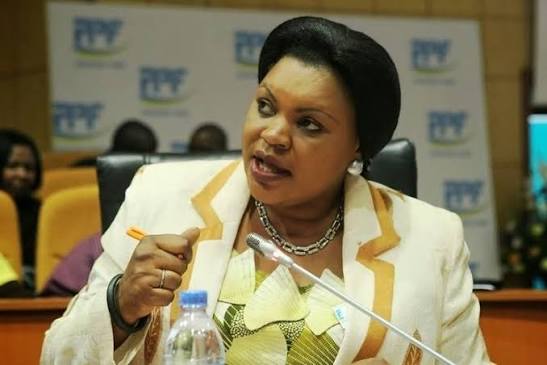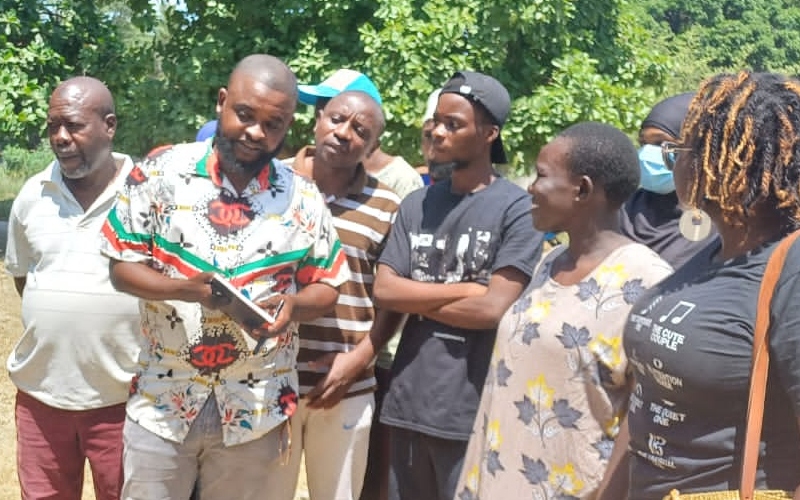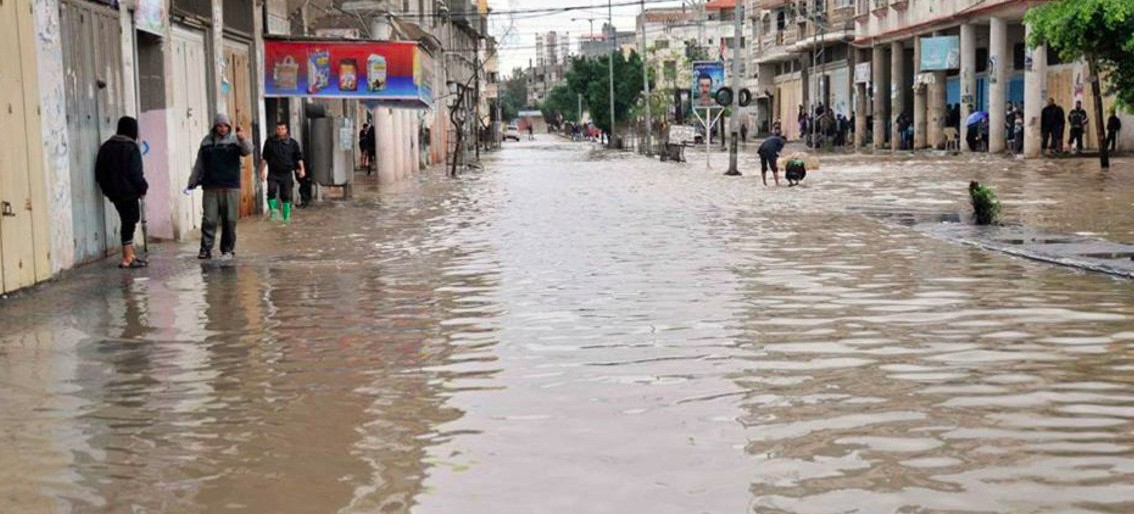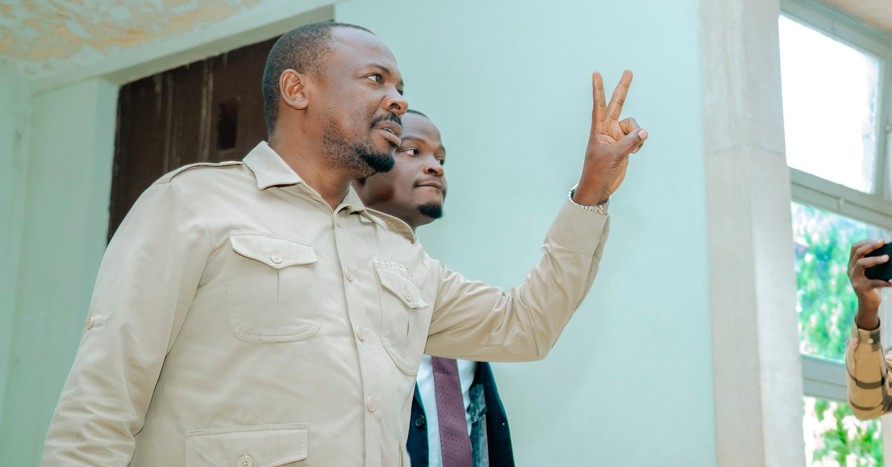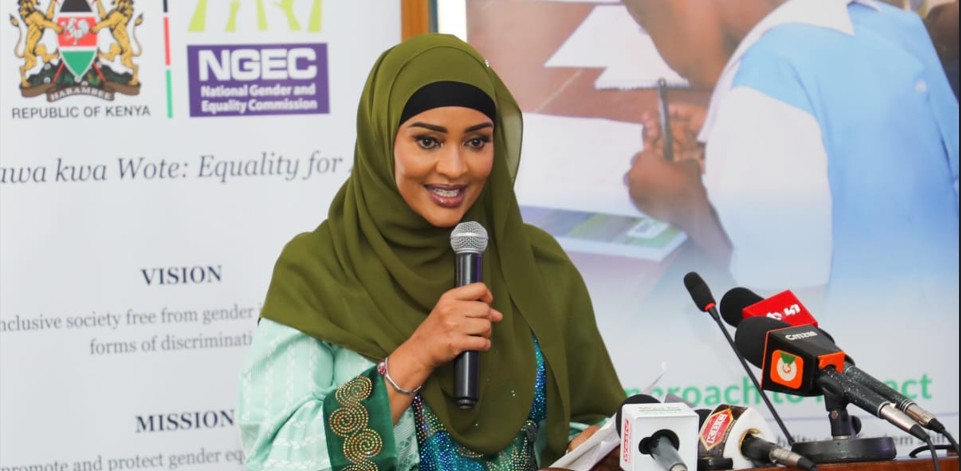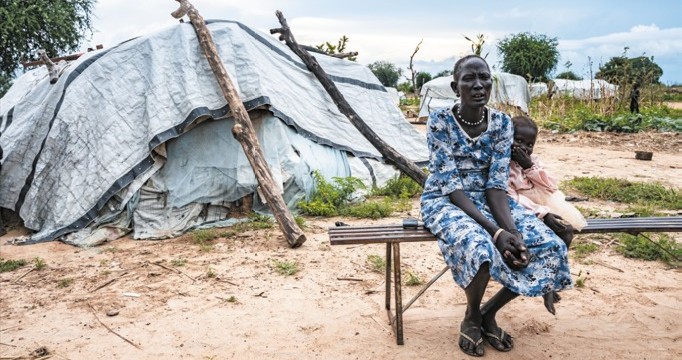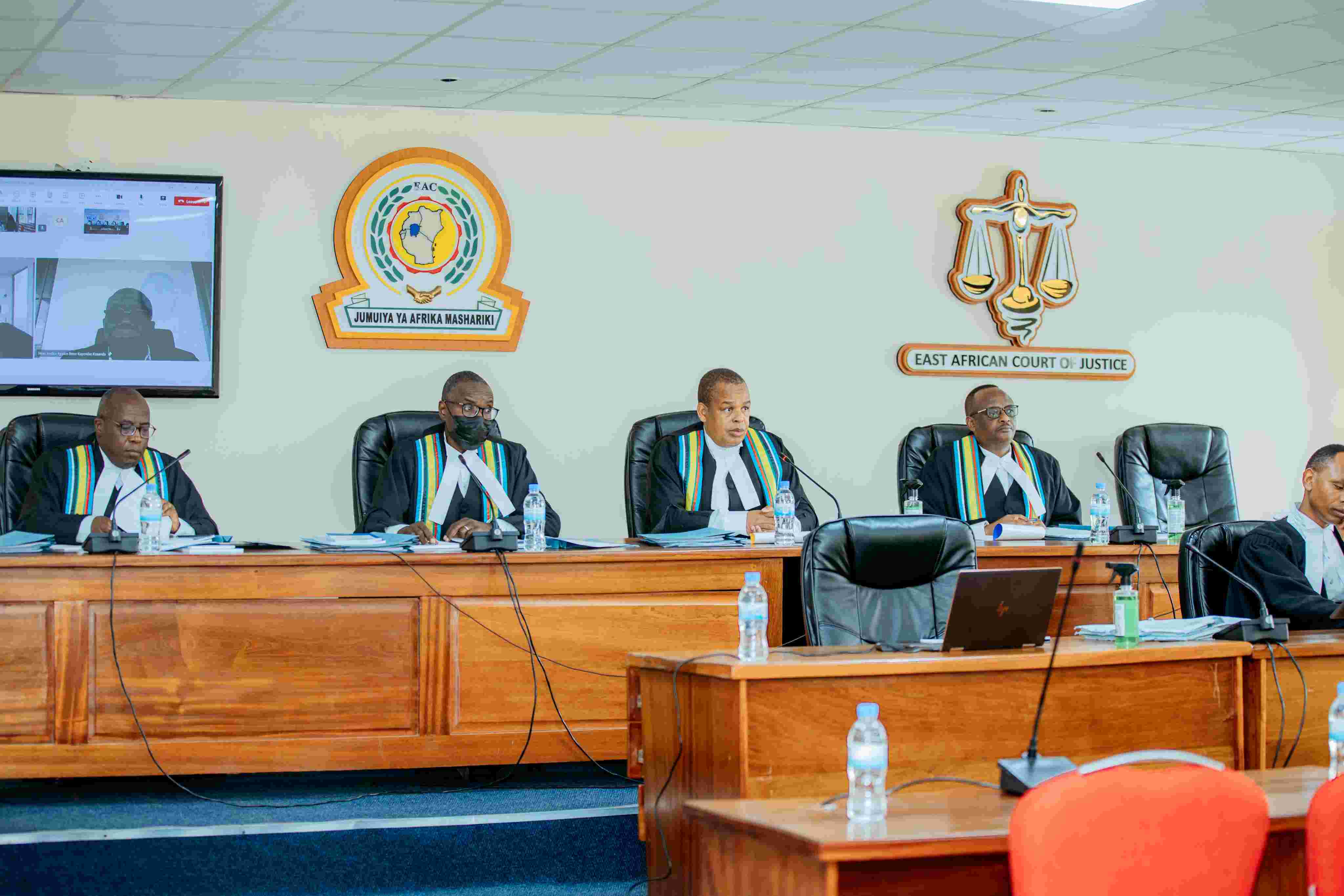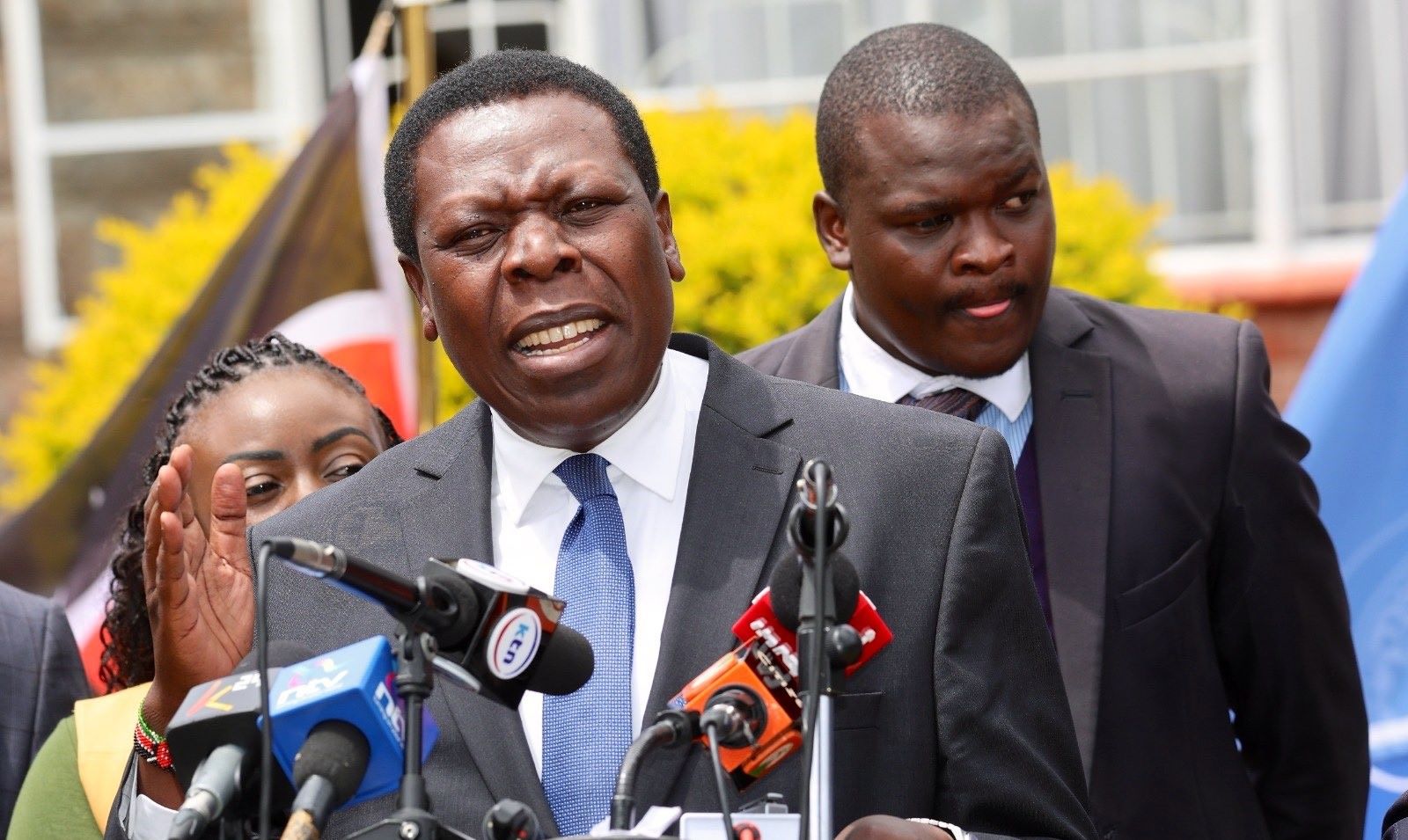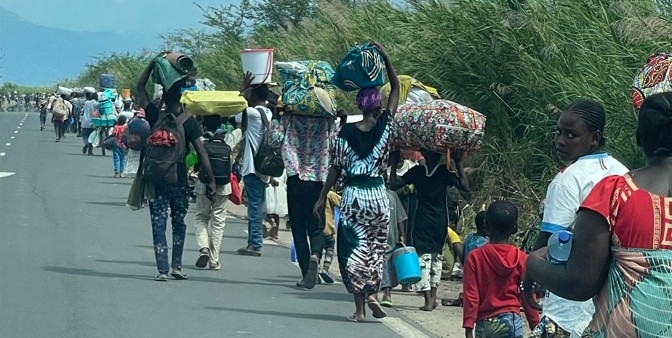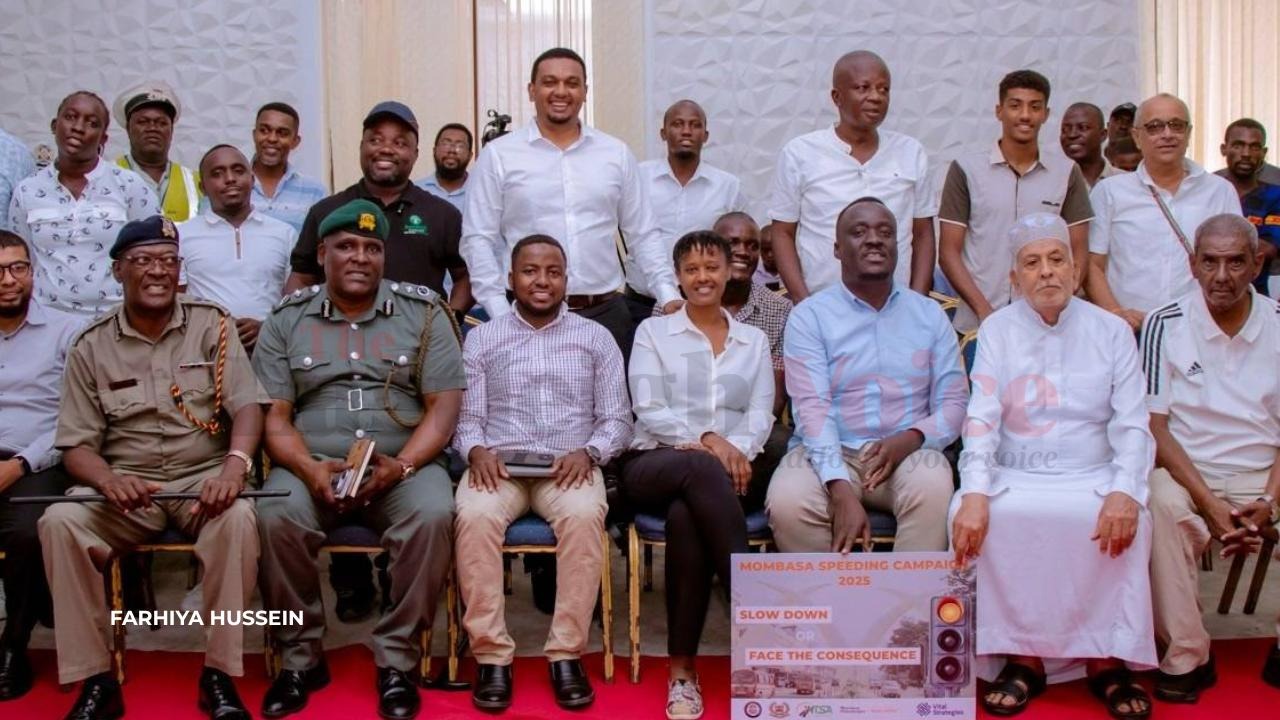Parliament petitioned to rescue declining STEM interest among Kenyan students
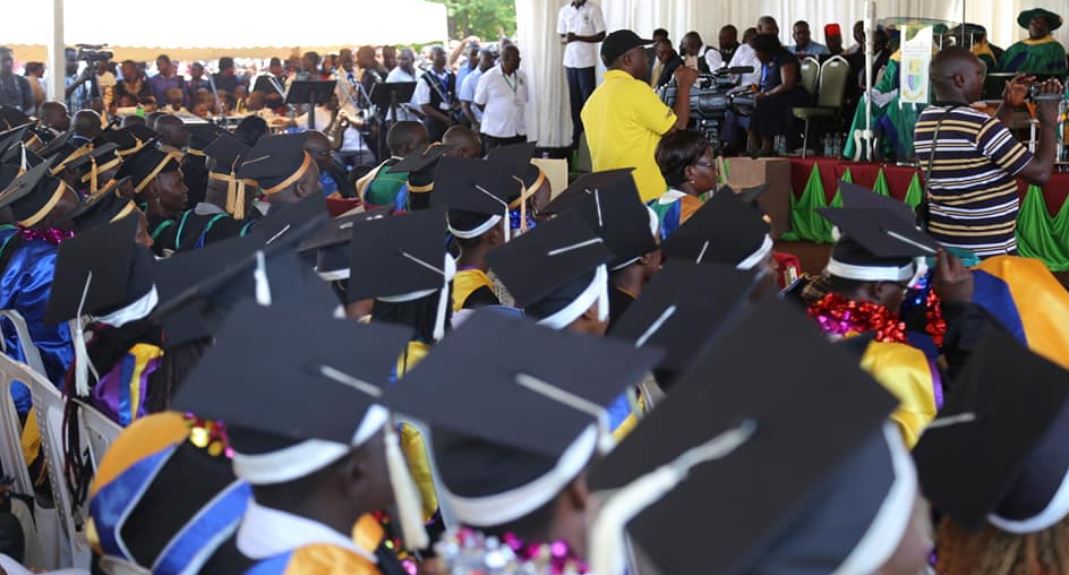
The petition has called for urgent interventions to ensure practical, hands-on learning in AI, robotics, data science and cybersecurity is incorporated into schools nationwide.
Students are no longer showing strong interest in Science, Technology, Engineering and Mathematics (STEM) subjects, raising concerns over Kenya’s ability to compete in a technology-driven global economy.
A petition tabled in Parliament has called for urgent interventions to ensure practical, hands-on learning in AI, robotics, data science and cybersecurity is incorporated into schools nationwide.
More To Read
- Education Ministry expands senior school curriculum, makes Mathematics compulsory subject
- Kenya moves Sh500 billion nuclear power plant to Siaya after Kilifi resistance, eyes 2034 commissioning
- Revealed: Senior school learners to study two types of mathematics under CBC
- State makes Math mandatory for all CBC senior school learners after public outcry
- Kenyan architects oppose removal of mathematics as compulsory subject, cite negative impact on economy
- Kenya’s decision to make maths optional in high school is a bad idea – what should happen instead
The National Assembly on Thursday received the petition from the Computer Science Teachers Association of Kenya (CSTAK), which urged policy and legislative action to reverse the declining uptake of STEM subjects and to strengthen computer science education across the country.
Presenting the petition to the House, Deputy Speaker Gladys Boss Shollei said the matter touches on a key pillar of Kenya’s future competitiveness.
“Honourable Members, my office has received a petition from the Computer Science Teachers Association of Kenya, a national professional body representing computing educators. The association is dedicated to ensuring that educators are fully equipped to train the next generation of technology innovators, in alignment with the country’s national digital master plan and strategic objectives,” she said.
Shollei highlighted the petitioner’s concern over the declining interest in STEM disciplines, warning that the country risks losing ground in an increasingly technology-driven global economy.
“Without timely intervention, the nation risks falling behind in global competitiveness, innovation and its ability to thrive in the Fourth Industrial Revolution,” she said.
In its submission, CSTAK commended the Teachers Service Commission (TSC) for prioritising STEM subject teachers in the ongoing recruitment of 24,000 intern teachers for junior secondary schools. The association also acknowledged the inclusion of coding in the Competency-Based Curriculum (CBC) using platforms such as Scratch and Python.
However, the petition cautioned that reliance on a single introductory tool limits learners’ preparedness for advanced areas like Artificial Intelligence (AI), Cybersecurity and Data Science. It also noted that the robotics component in the Grade 7–9 curriculum lacks meaningful hands-on training due to inadequate infrastructure, a shortage of trained teachers and high implementation costs.
“The lack of formal financial and policy support for STEM activities, unlike music, drama and sports, creates inequality in access, particularly for marginalised communities. The Kenya Science and Engineering Fair policy mandating the use of proprietary LEGO robotics kits further excludes affordable, open-source alternatives such as Arduino and Raspberry Pi Pico,” reads the petition.
The petitioners urged Parliament to engage the Ministry of Education in developing a National Policy and Funding Framework for STEM and Robotics and to direct the Kenya Institute of Curriculum Development (KICD) to incorporate practical, hands-on learning modules in AI, Robotics, Data Science, and Cybersecurity within the curriculum.
Supporting the petition, Gilgil MP Martha Wangari said it was timely and called for equitable funding between STEM and arts-related subjects. She cited the case of John Tongoi, a Chuka University student who came third out of 80,000 participants from 11,000 universities at the 2025 International Quant Championship in Singapore, after receiving financial backing from the Gilgil NGCDF.
“This is a live example of the kind of support we can give young men and women to enjoy STEM. It shows how much potential we have as a country if we fully support STEM,” Wangari said.
Marakwet East MP Kangogo Bowen warned that while the idea of incorporating ICT and Artificial Intelligence in schools was noble, many parts of the country, especially in rural areas, lack basic infrastructure.
“There is a need for us to first focus on developing infrastructure across the country,” Bowen said.
The petition was committed to the Public Petitions Committee for consideration. The committee will examine the issues raised and table a report in the House in accordance with Standing Order 227(2).
Top Stories Today
